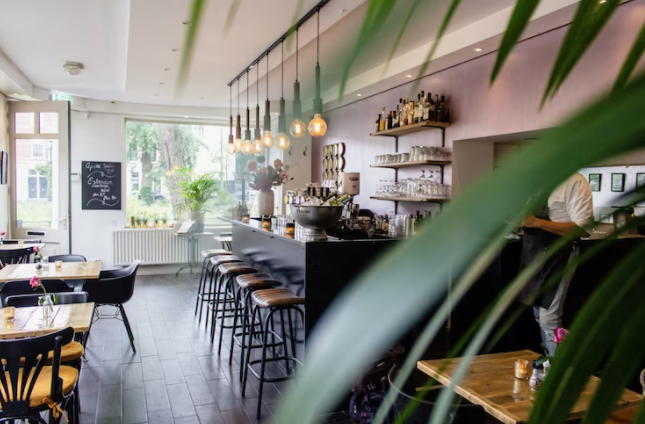Coffee Shops as Community Spaces: The Social Heartbeat of Neighborhoods
In the urban landscape, coffee shops are more than just venues for a quick caffeine fix. They have evolved into vital community spaces, serving as social, cultural, and creative hubs within neighborhoods. This article explores the role of coffee shops as communal gathering spots and their impact on the social fabric of our communities. Leesburg is a small town in Northern Virginia with great spots of coffee shops leesburg va.
Brewing Social Connections
Coffee shops possess a unique ability to bring people together. They serve as neutral grounds where individuals from diverse backgrounds – students, professionals, artists, retirees – converge. This melting pot effect fosters a sense of belonging and community. It’s not uncommon to see impromptu conversations between strangers or regulars forming lasting friendships, all within the cozy confines of a local café.
Cultural and Artistic Hubs
Many coffee shops double as cultural and artistic venues. They host events like poetry readings, book launches, art exhibitions, and live music, turning these spaces into creative incubators. Local artists often find their first audiences in these supportive environments. By providing a platform for cultural expression, coffee shops enrich the community’s cultural landscape and encourage local talent.
The Role in Local Economy and Entrepreneurship
Coffee shops are often key players in the local economy. They provide a space for budding entrepreneurs to conduct meetings, work on projects, and network. The informal setting of a coffee shop is conducive to collaboration and idea exchange, often leading to business ventures and community projects. Additionally, by sourcing products from local vendors and artisans, these establishments contribute to the neighborhood’s economic vitality.
Coffee Shops in Times of Crisis
During times of crisis, coffee shops often transform into essential community centers. They provide a space for people to gather, share information, and support each other. Whether it’s a natural disaster, a social movement, or a global pandemic, these establishments adapt to meet the community’s needs, often becoming a beacon of resilience and solidarity.
Fostering a Sense of Local Identity
Each coffee shop carries the imprint of its neighborhood, reflecting and contributing to the area’s unique identity. From the décor that often includes local art and historical references to the menu that might feature regional specialties, these establishments are a mirror of the community’s character and values.
Environmental and Social Responsibility
In sustainability and social responsibility, coffee shops are increasingly taking the lead. Many adopt eco-friendly practices, promote recycling, and engage in community service initiatives. These efforts not only contribute to environmental conservation but also resonate with patrons who value ethical and responsible practices.
Challenges and Future Prospects
Despite their importance, coffee shops face challenges like rising rents, competition from large chains, and changing consumer habits. However, their role as community spaces often helps them to cultivate a loyal customer base. Looking ahead, the adaptability and community focus of coffee shops will continue to be key in facing these challenges and maintaining their status as integral parts of the neighborhoods they serve.
Conclusion: The Enduring Significance of Coffee Shops
Coffee shops, in their essence, are more than just businesses. They are the social heartbeat of neighborhoods, providing a space for connection, creativity, and community building. As society evolves, these establishments adapt, continuously reaffirming their place as indispensable and cherished components of urban life.





